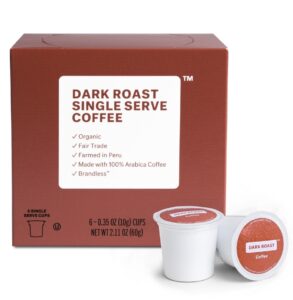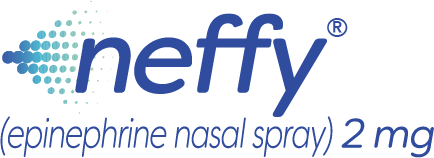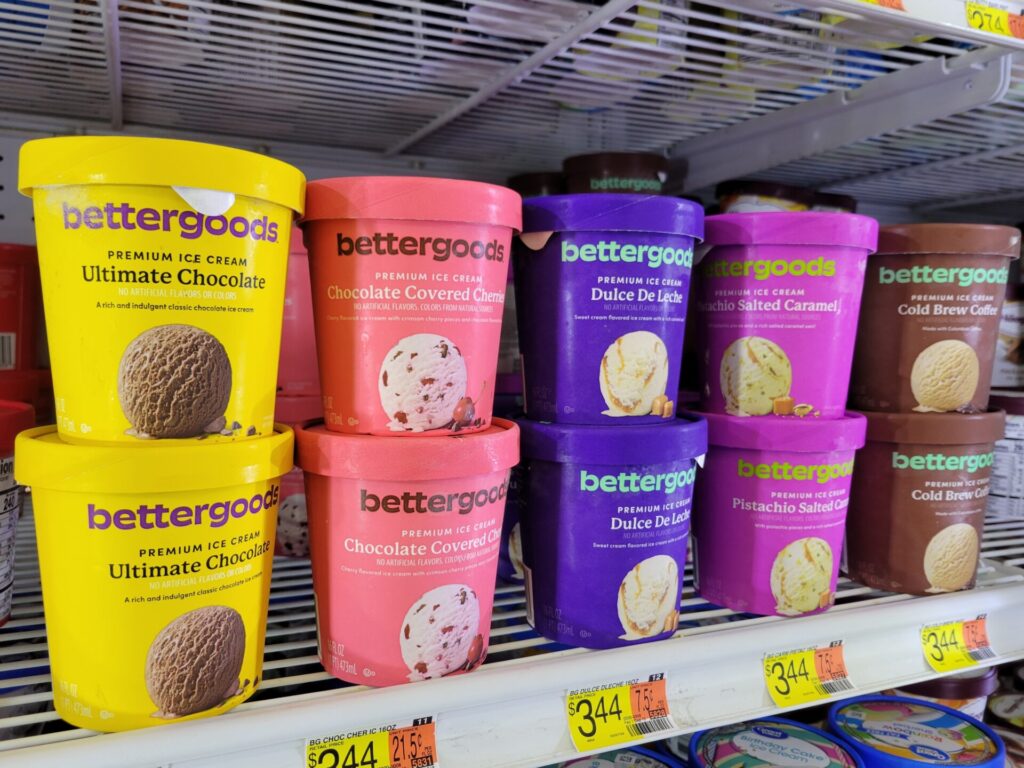A new online retailer has launched to provide natural food, eco-friendly household items, and socially conscious personal care items. The company’s name is Brandless.
Much like No-Ad sunscreen (which, if you can’t guess, doesn’t run any advertisements), the deal is that the brand Brandless supposedly forgoes branding, thereby saving overhead, and passes on those savings to the customer.
Paradox notwithstanding, we like the name as well as the concept. The simple packaging and lack of marketing ado makes the products seem simpler, less adulterated, more natural, and, dare we say, more authentic—perfect for their target market of health-conscious young shoppers.

And, the paradox gives it an allure. There’s a way in which launching a brand with this kind of contract between the brand and consumers subtly flatters consumers, making them feel savvy and sophisticated. It even makes shoppers think they’re beating the system, or that they’ve really struck on a secret deal. Gets those hunter-gatherer endorphins coursing.
Another distinctive aspect of Brandless is that it is one of the rare names that employs a negative construction; that is to say, it calls out the absence of something, instead of highlighting the presence of something good. We can think of a few examples (Payless ShoeSource, Goo-Be-Gone, No Fear Shakespeare come to mind), but they are definitely the exception. Brands usually (and rightly) avoid names that negate a negative rather than describe a positive. Unlike high price, ugly goo, and fear, however, a brand isn’t generally thought of as something bad. By pointing out the absence of it, the name suggests that it is, in fact, something to be avoided. Plus, given the “less” suffix and the “a” vowel sound, the name recalls desirables “pay less” and “painless.”
Of course, once the company decided on the message of not having a brand, its name choices were very limited. But they could have still made a misstep. Since the name Generic is, well, too generic and is almost certainly not trademarkable, the most salient alternative would have been to follow No-Ad’s lead and go with No-Brand. But, think about the difference between Brandless and No-Brand. The former is more sophisticated, and the “ess” sound at the end feels almost fancy. The latter is blunter in denotation, sound, and personality. Good branding decision not to go with No-Brand.
P.S. In case you’re curious about how much the company discounts its stuff, here’s a note about pricing. At Brandless, all items are 3 dollars. Though this does make it difficult to actually compare prices to other retailers because it means they tinker with the sizes, Brandless is a bit cheaper, if the company’s coffee pricing is a good indicator. At my grocery store, organic coffee in K-cups is usually around 75 cents or more per cup, or 12 bucks for a pound of beans. At Brandless, for 3 big ones you can get a six-pack of organic K-cups, or 6 oz of beans. Though the portions are different, the math checks out: Brandless is cheaper.




